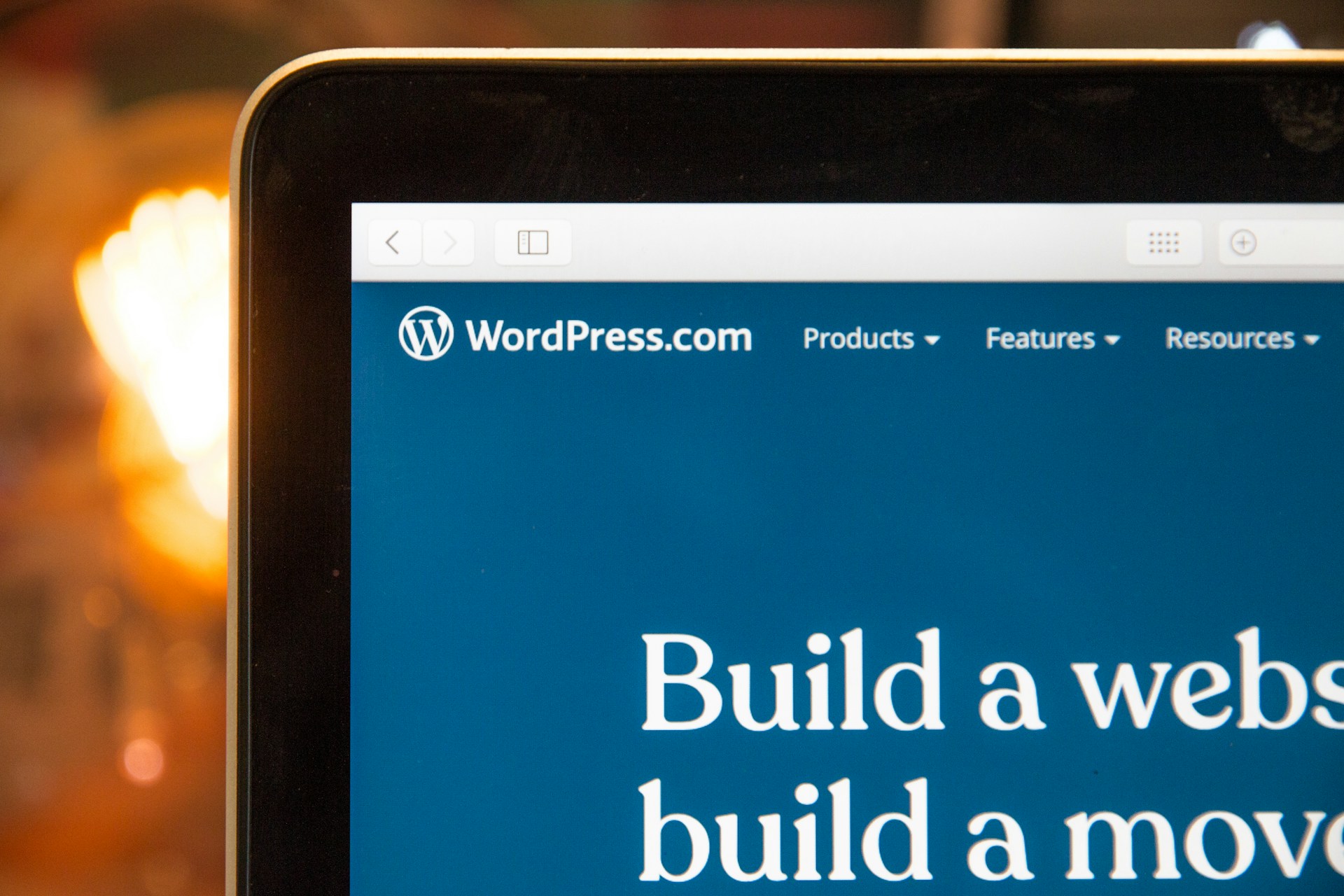You’d be hard-pressed to find someone who hasn’t heard of the WordPress Content Management System (CMS).
It has an excellent reputation as a versatile website builder, but it has some downsides as well.

Let’s take a look at the major pros and cons so you can make the best decision about whether to create your new site on WordPress.
Advantages of WordPress
There is a difference between WordPress.org and WordPress.com. The former is a free, open-source platform with unlimited access to features and functions. It enables you to add any theme, plugin, and all other extensions to your site. All you need to do first is download and install WordPress.
WordPress.com has more limited functionality. WordPress charges a fee for web hosting and other services. Your access to themes and plugins depends on your subscription plan. The pluses and minuses which this article examines are specific to WordPress.org.
Intuitive and Beginner-Friendly
WordPress users can build a website without prior web development or coding experience. Many WordPress hosts offer one-click WordPress installation. The user dashboard’s setup wizard makes it easy to learn the ropes. You can choose a domain, add a theme, set up a color palette, install plugins, etc. As soon as you activate some plugins, they will redirect you to a setup wizard.
Low-cost
Website owners on a shoestring budget will benefit from WordPress’s free and open-source software. They only need to pay for web hosting, which often includes a free domain name.
Light technology
When you choose a software app, it’s crucial to consider the resources it uses. WordPress is relatively light, which makes WordPress hosting more affordable than other hosting plans. You won’t need as much bandwidth and storage to handle varying traffic, and your website will load relatively quickly. This makes WordPress hosting preferable to shared hosting, which comes with some limitations. Have a look at this guide on WordPress hosting vs. shared hosting for more information.
Huge variety of themes and plugins
There are thousands of free themes and plugins to choose from, suitable for all kinds of industries and niches. As many WordPress theme developers add a huge number of starter sites to the WordPress library, your site can be ready in a few minutes. To make it unique, you can customize the content, which is not challenging either.
On that note, WordPress users have access to a rich plugin repository with a plugin for practically anything you can imagine. You’re covered from SEO to file sharing and even ecommerce features.
Default SEO support
WordPress websites are SEO-friendly by default, meaning search engines are more likely to index them. Their position in search engine results will be higher due to this. What’s more, the developers created many of the themes with SEO in mind. Plugins like Yoast SEO can help you streamline posts and pages for more organic traffic.
Responsive
WordPress has many responsive themes, and your website will look as good on mobile as it does on desktop. Leading theme developers guarantee their products comply with this WordPress requirement.
It’s possible to adjust margin, padding, and other design elements for mobile, tablet, and desktop.

Disadvantages of WordPress
WordPress can be overwhelming for some beginners because of the myriad of features and functions. You can read what reputable blogs recommend if you’re looking for a specific plugin or theme.
Security issues
WordPress software is open source, increasing hacking and spam risks. Hackers tend to target it more often because of how popular it is. A security plugin is an easy solution. Anti-spam tools can also help keep your forms and comments section clean.
Updates are hard to track
While the system’s frequent upgrades are good for safety and security, it can be hard to track plugin upgrades, especially if you have many plugins on your site. Providers of managed WordPress hosting are responsible for software and plugin updates.
Slow pages
Going overboard with plugins can hurt the site’s speed and performance. If your web host is unreliable to boot, your page loading time will suffer, and so will your visitors’ experience on your website. Always choose a quality host with servers in your target audience’s location.






